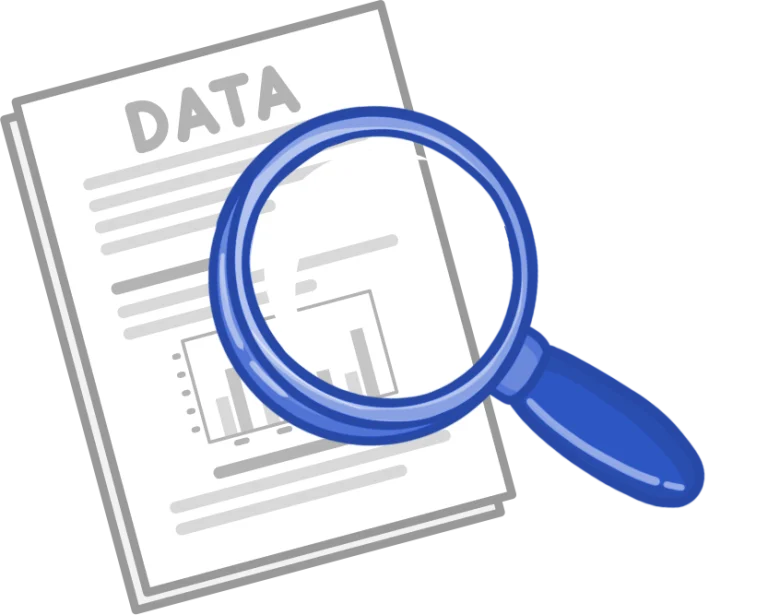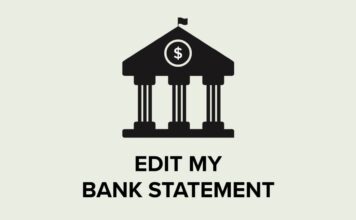Who cares about data provenance?

Without context, there’s no meaning
To better understand a person, it’s often helpful to understand their context. What language do they speak? What city are they from? How old are they? Which schools did they attend and what did they study?
Data is no different. If you don’t know where your data came from, who created it, when it was made, and which dataset it belongs to, it can be premature or even misguided to draw meaningful conclusions.
However, tracking and communicating this source information can be very difficult, particularly in typical environments where data producers and consumers have unaligned incentives, as is often the case.
A few financial examples
One area we’re focused on given our prior experience is financial data. It’s very easy to make a profitable financial strategy with the benefit of hindsight. Thus, knowing when financial data was created and who created it is almost as important as the observations themselves.
If you’re constructing a financial index, tracking a portfolio, making financial predictions, or generating data that may be useful for predictive analysis, recording the provenance of this information will likely make your data more trustworthy and valuable.
Introducing vBase
vBase is a cheap, scalable, and robust means of assuring the provenance of data records and digital objects, and of communicating it to others.
If you work with time-sensitive financial data or know people who do, please get in touch with us at hello@vbase.com or just start using our app or simple SDKs. We’d love to hear from you.
Recent Posts
 Mitigating BorgBackup Client Compromise
Mitigating BorgBackup Client Compromise
A compromised BorgBackup client allows undetectable tampering with past backups. vBase offers a simple solution.
 Stop Using Brokerage Statements to Show Your Track Record
Stop Using Brokerage Statements to Show Your Track Record
Many traders use brokerage statements to create a verifiable track record. Unfortunately they are not credible for this purpose. A better alternative exists.
 Beyond RFC 3161: The Failures of Legacy Timestamping and a Solution
Beyond RFC 3161: The Failures of Legacy Timestamping and a Solution
RFC-3161 timestamps often fall short in a number of important use cases. We examine the problems and a solution.